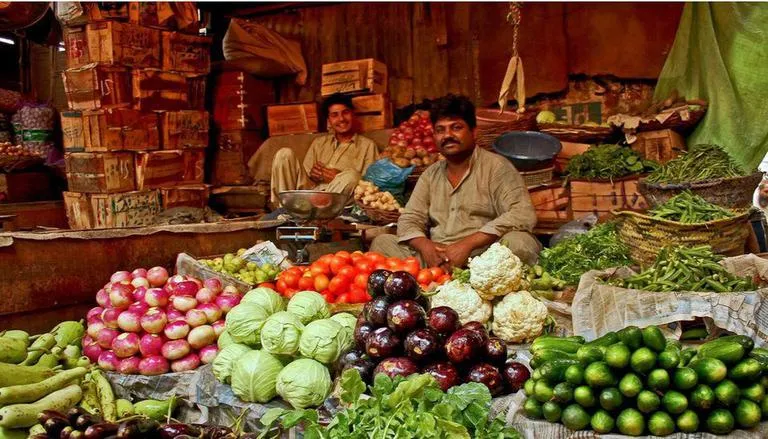Markets and restaurants across Pakistan will have to pull down their shutters by 8 pm while wedding halls will be limited till 10 pm, as the cash-strapped country on Tuesday unveiled a desperate plan to conserve energy.
Pakistan is in the midst of an acute energy crisis, high inflation and depleting remittances.
The ongoing Russia-Ukraine war and the catastrophic floods in June have only compounded the country’s energy woes.
The national energy-conservation programme was launched by Pakistan’s Defence Minister Khawaja Asif, and it comes a day after Prime Minister Shehbaz Sharif directed authorities to reduce circular debt in the energy sector.
Asif said the federal government will approach provinces for the implementation of this nationwide scheme.
Briefing the media after the cabinet meeting, the minister said a final decision will be taken by Thursday.
“In the next few days, we will be approaching all the provinces with this national project and then on Thursday the final approval of the conservation policy will be given,” Asif said.
Under this scheme, he said the timing of wedding halls would be limited to 10pm, while restaurants, hotels and markets would close down by 8pm.
He, however, said that there may be some room for the closing time for restaurants to be extended by an hour.
Asif said that if 20 per cent of the government workforce worked from home on a rotation basis, Rs 56 billion could be saved and coupled with a few steps, the country would be able to save Rs 62 billion.
He also said that energy-efficient fans and bulbs would soon be introduced to help save Rs 38 billion and electric bikes would replace traditional motorcycles to reduce the consumption of petrol.
“We have begun imports for e-bikes and have started negotiations with motorcycle companies for the modification of existing motorcycles, which will save around Rs 86 billion,” he said.
The minister added that shifting to renewable energy was the obvious choice and the government was working on a plan, but measures like early closure of markets were key in achieving the proposed targets.
He called on the nation to “normalise” its behavioural patterns as the country was in a “grave economic crisis”, adding that “we can’t afford the culture of wastage anymore”.
“I also believe that politicians should be the first ones to adopt these changes and become role models for the public,” the minister added.
Foreign exchange reserves of Pakistan’s central bank State Bank of Pakistan have fallen to its four-year low of USD 6.72 billion in the week ending on December 2.
The central bank data showed the foreign exchange reserves were last recorded at this level during the week that ended on January 18, 2019 at USD 6.64 billion.

